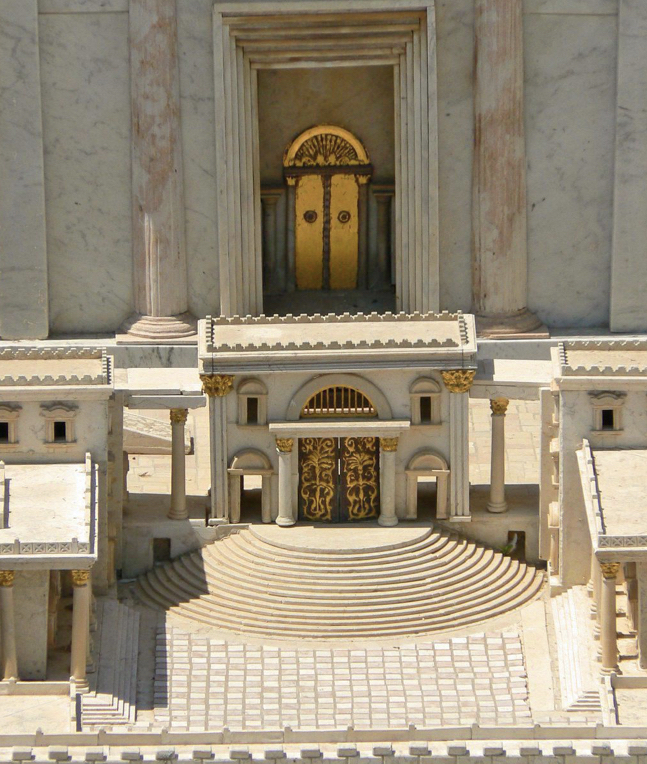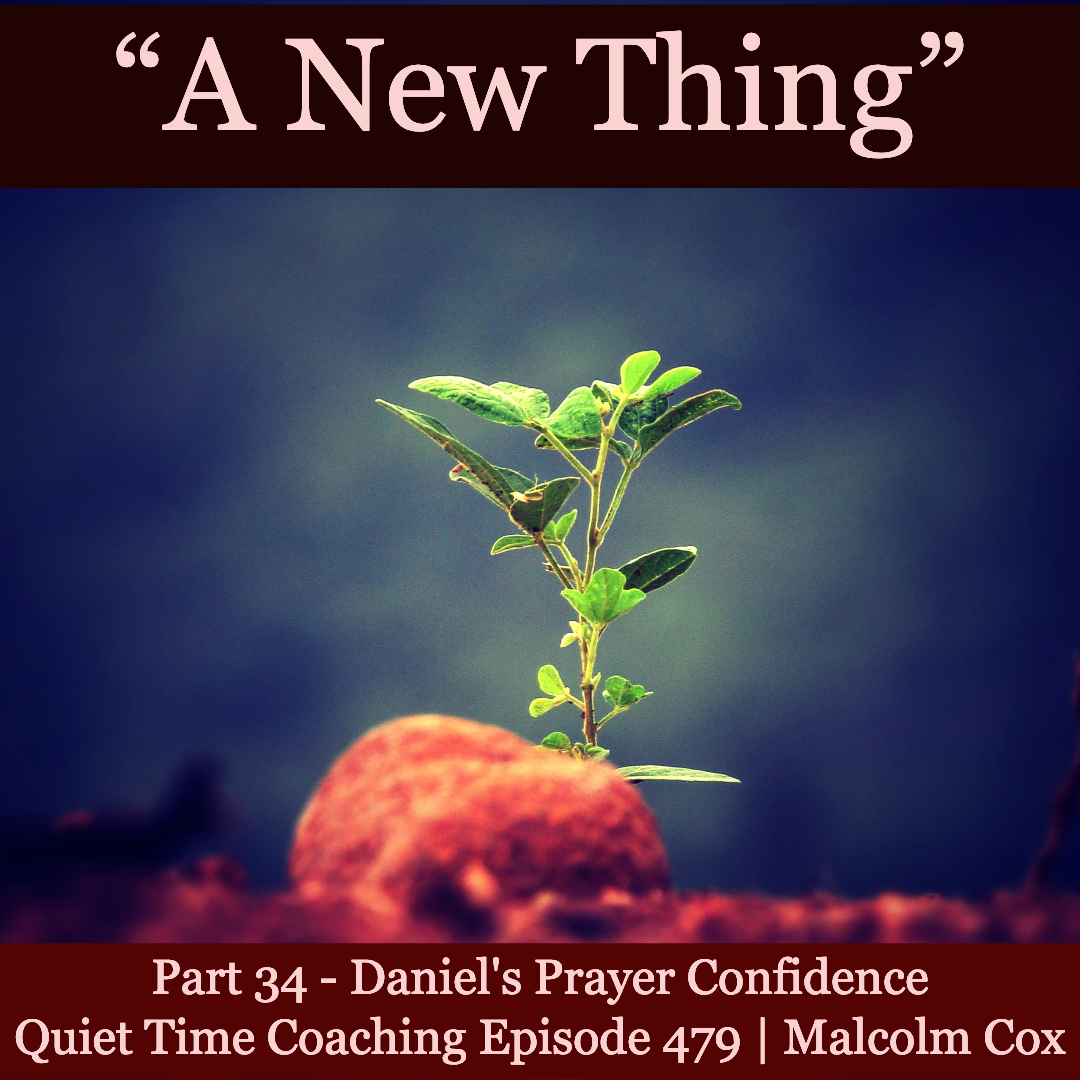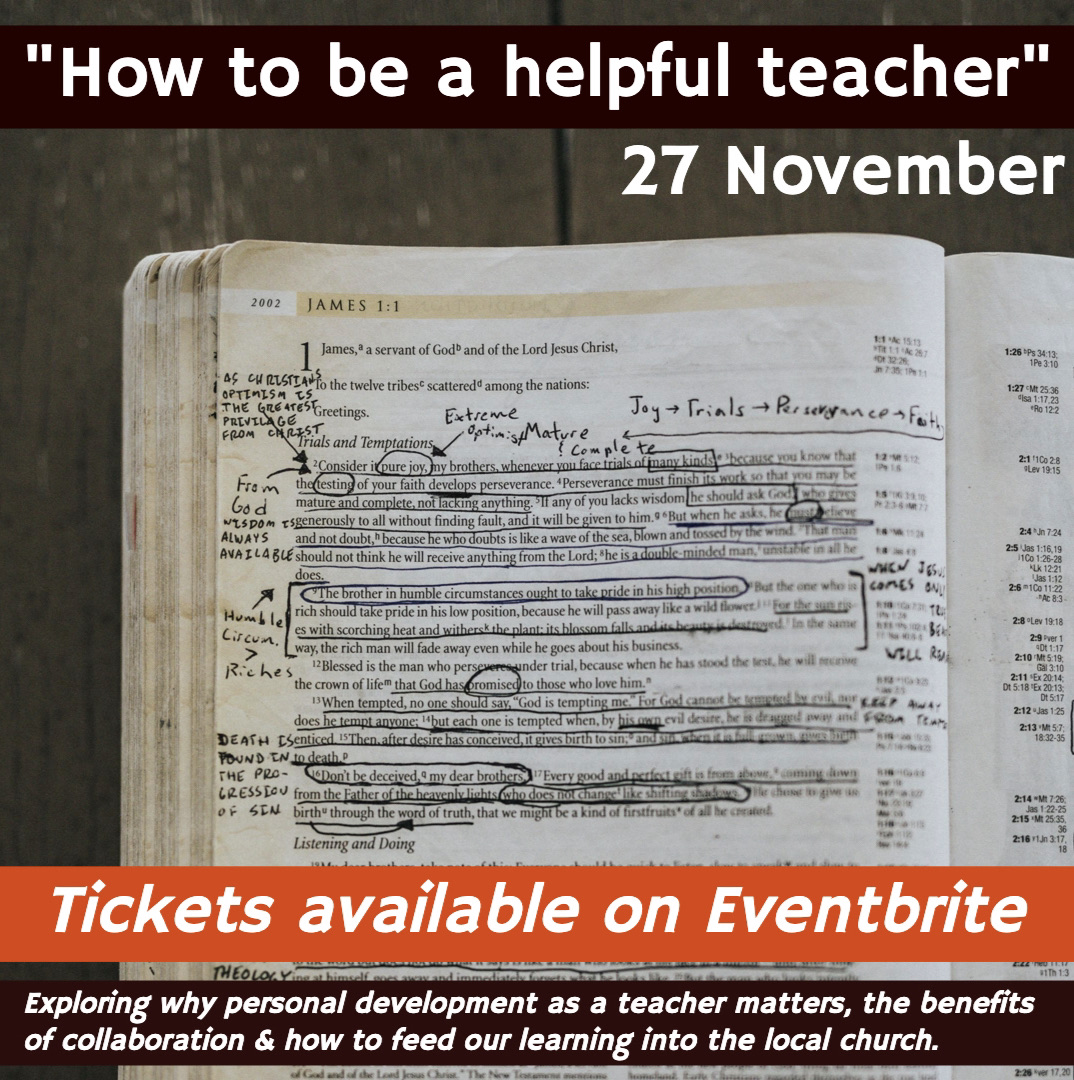We continue exploring Psalm 100 by moving on to verse 4. As mentioned previously, I am planning a church service with a difference based on this Psalm. I’m writing these blogs to solicit your feedback and thoughts.
“Enter his gates with thanksgiving
and his courts with praise;
give thanks to him and praise his name.”
(Psalm 100:4 NIV11)
The previous verse reminds us we belong to God and that “we are his people, the sheep of his pasture”. Today we will explore the following verse which issues us with another invitation and an exhortation.
1. The invitation to enter
The scene is the temple. Imagine yourself there, standing before the enormous gates. Inside you can see the courts. Crowds are praising God. Someone beckons you, and says, “You are welcome here. Come in. Pass through these gates and enter God’s courts.”
For a moment you wonder if you are worthy. According to the Journal of Biblical studies,
‘The Mishnah specifically states that those “unable to go up by foot” were exempt from temple attendance (Hag 2a), and it argues from Ex 23:14 that “the pilgrim must have use of both feet” (Hag 3a). Thus “going by foot” or “walking” was a significant aspect of pilgrimage to the festivals. In order to participate in a feast, a man had to be able to walk…. Lev 21:18 bans a lame priest from approaching the sanctuary.”1
Everyone is invited, but not everyone is permitted. Are you allowed to enter? A new covenant image similar in its significance is found in Revelation,
“Nothing impure will ever enter it, nor will anyone who does what is shameful or deceitful, but only those whose names are written in the Lamb’s book of life.” (Revelation 21:27 NIV11-GK)
The kingdom of God is shut to the unclean. And we are all unclean (Romans 3.23). What is there to do about this tragedy?
As Paul said, “Thanks be to God, who delivers me through Jesus Christ our Lord!” (Romans 7:25 NIV11)
It’s possible to forget how privileged we are. God cherishes our presence and invites us into a personal relationship with him. For this reason we not only accept God’s invitation to enter, but do so with joyous abandon.
2. The command to give thanks
The excitement appropriate to the privilege of coming into God’s courts is illustrated by the healing of the lame man in Acts chapter 3. After Peter heals him at the site of one of the gates, the lame man,
“…jumped to his feet and began to walk. Then he went with them into the temple courts, walking and jumping, and praising God.” (Acts 3:8 NIV11-GK)
What a terrific illustration of not only joy following healing, but thankfulness of finally being able to worship at the temple. All his life he had watched people pass by and go through the gates into the temple courts. They were able to worship with other Israelites. They could express their joy in praise. He could only look on longingly.
On the day he met Peter and John everything changed. Now he could join in. Now he could not only observe, but participate. His joy is an example and an inspiration to us.
What do we give thanks for? Why do we praise his name? Above all things, we are grateful for our salvation. For our relationship with God.
The New Testament is full of exhortations to be thankful.
“Through Jesus, therefore, let us continually offer to God a sacrifice of praise—the fruit of lips that openly profess his name.” (Hebrews 13:15 NIV11)
“..always giving thanks to God the Father for everything, in the name of our Lord Jesus Christ.” (Ephesians 5:20 NIV11)
“And whatever you do, whether in word or deed, do it all in the name of the Lord Jesus, giving thanks to God the Father through him.” (Colossians 3:17 NIV11)
“give thanks in all circumstances; for this is God’s will for you in Christ Jesus.” (1 Thessalonians 5:18 NIV11)
The normal, healthy perspective of a Christian is one of thankfulness. We have our ups and downs. We do well to be honest with God when we are sad or grieving. But, the standard attitude of a heart connected with God is one of praise and gratitude.
Conclusion
Verse four is unusual in that it contains four Hebrew words for praise: todah; tehillah; yadah; barak. They are all connected with grateful worship of God. In piling these words up in just one verse, the author of this Psalm is inspiring us to overflow with gratitude, thankfulness and praise.
It is as if he is using exclamation marks and CAPS.
“Enter his gates with THANKSGIVING!!!
and his courts with PRAISE!!!
give THANKS!!! to him and PRAISE!!! his name.” (Psalms 100:4 NIV11)
Why not reflect on the New Testament passages about your identity in Christ. Think on how lucky you are to be one of his people and invited into God’s presence. Let your thankfulness pour out.
We will continue to explore the Psalm between now and 6 May. Pray over it, meditate on it. Let it sink in to the mind and the heart.
Question
What helps you to be confident in coming into the presence of God in prayer? What is it about being a follower of Jesus that creates the most thankfulness in you?
Please leave a comment here so that we can all learn from one another. We learn best, when we learn in community.
I hope you have a wonderful week of fulfilling quiet times.
God bless, Malcolm
1: From: http://journalofbiblicalstudies.org/Issue3/Articles/keys_to_the_gate_beautiful.htm




